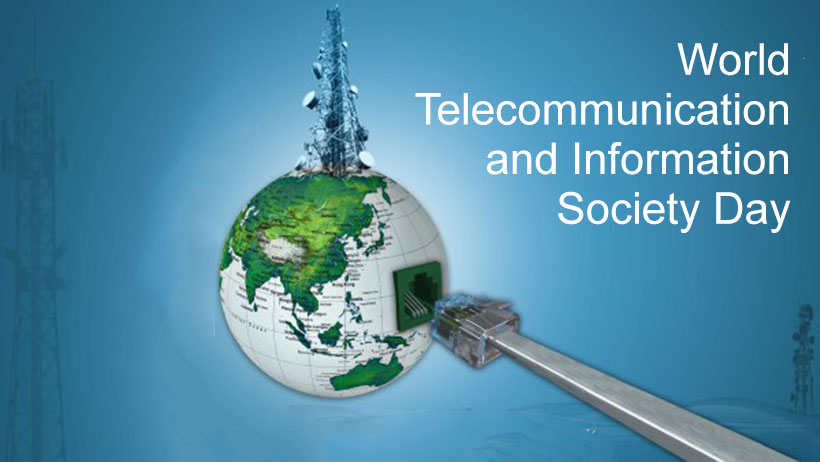The modern world would collapse and experience a pandemic if telecommunications failed. Communication is a matter of course for many, but it is maintained with technical and continuous investment. The world has shrunk in all its forms thanks to telecommunications, which means that we set increasingly stringent standards for quality. Sociologists need to do proper research, but the people of Surinam are “fixed” on their phones.
A rather unprecedented phenomenon is the telecommunications addiction of preschoolers and toddlers, when they scroll through YouTube and can’t live without their phones or tablets. Then they become cranky and rebellious. There are children who also constantly look at their tablets in public places, such as parties, and do not pay attention to playing with peers and family members of the same age. Addiction keeps kids calm, they live in virtual reality. Parents and guardians use the phone to experience peace for themselves. Children’s internet addiction affects their social skills and is a threat especially in Suriname. This addiction starts at a very young age and continues as a game and pastime until the teenage years. But adults are also often inextricably linked to the phone. It is a way of maintaining healthy and less healthy contacts. It’s a source of temporary happiness, for example, when someone gets likes and comments on “posts” they post on social media. This form of bliss is short-lived, it doesn’t last long, just like a cheap perfume that evaporates quickly.
World Telecommunication and Information Society Day is celebrated on May 17. Today we can think about what kind of threats information communication poses to social life and to the physical and mental health of modern people. But we can also consider the important added value of telecommunications in maintaining life-saving social services and maintaining democracy without telecommunications.
Suriname is probably a special country compared to global averages. A few years ago, it turned out that Suriname is one of the best countries in the world, where residents use icons called “emoji” very often. Phone ownership is also said to be very high in Suriname. Surinamese are sensitive to change via telephone and social media, but they are used very little.
On this international day, the UN has shown that the contribution of digital technology can be that its efforts can achieve 70% of the goals of the UN’s sustainable development goals. This ranges from measures to combat climate change to eradicating hunger and poverty.
Building a sustainable future now more than ever requires innovative thinking and action in the digital world. In 2024, the UN notes that 2.6 billion people on earth still do not have a telephone or internet connection. This prevents glaring digital gaps and innovation in much of the world. These delays mean that many countries are struggling to keep up in today’s rapidly changing digital environment. An example could also be Suriname. In Suriname, for example, it has been recommended for decades to fill the gaps in indoor education with partial or additional distance learning, as long as it is pedagogically and didactically responsible and feasible. Our inland areas where people live would still have to deal with connectivity issues.
The aim of the international day is to help raise awareness of the opportunities that the use of the Internet and other information and communication technologies (ICT) can bring to societies and economies, and ways to bridge the digital divide.
May 17 is the anniversary of the signing of the first international telegraph agreement and the establishment of the International Telecommunication Union (ITU), of which Suriname is also a member. ITU annually publishes an ICT development index that measures the mutual strength and level of ICT development.
Out of 176 countries in a row, Suriname was only on the healthy left line in 88th place. Then Suriname had risen from 94th place to 88th place. Iceland, South Korea, Switzerland, Denmark, Great Britain, Hong Kong, China, the Netherlands, Norway, Luxembourg and Japan were in the top ten at the time.
Caribbean countries above Suriname were Barbados (34), St. Kitts and Nevis (37), Bahamas (57), Trinidad (68), Grenada (73), Antigua and Barbuda (76), Dominica (77), St. Vincent and the Grenadines (82). Jamaica, St. Lucia, Belize, Guyana and Haiti scored worse than Suriname.
In Suriname, connections have improved, for example with 5G and fiber optic connection, compared to at least 10 years ago. According to the latest index published in 2023, 72 percent of Surinamese have access to the Internet. Suriname is now ranked 85. The connections are not bad globally, but the impact of ICT on development can be much better, especially as a means of combating poverty.

